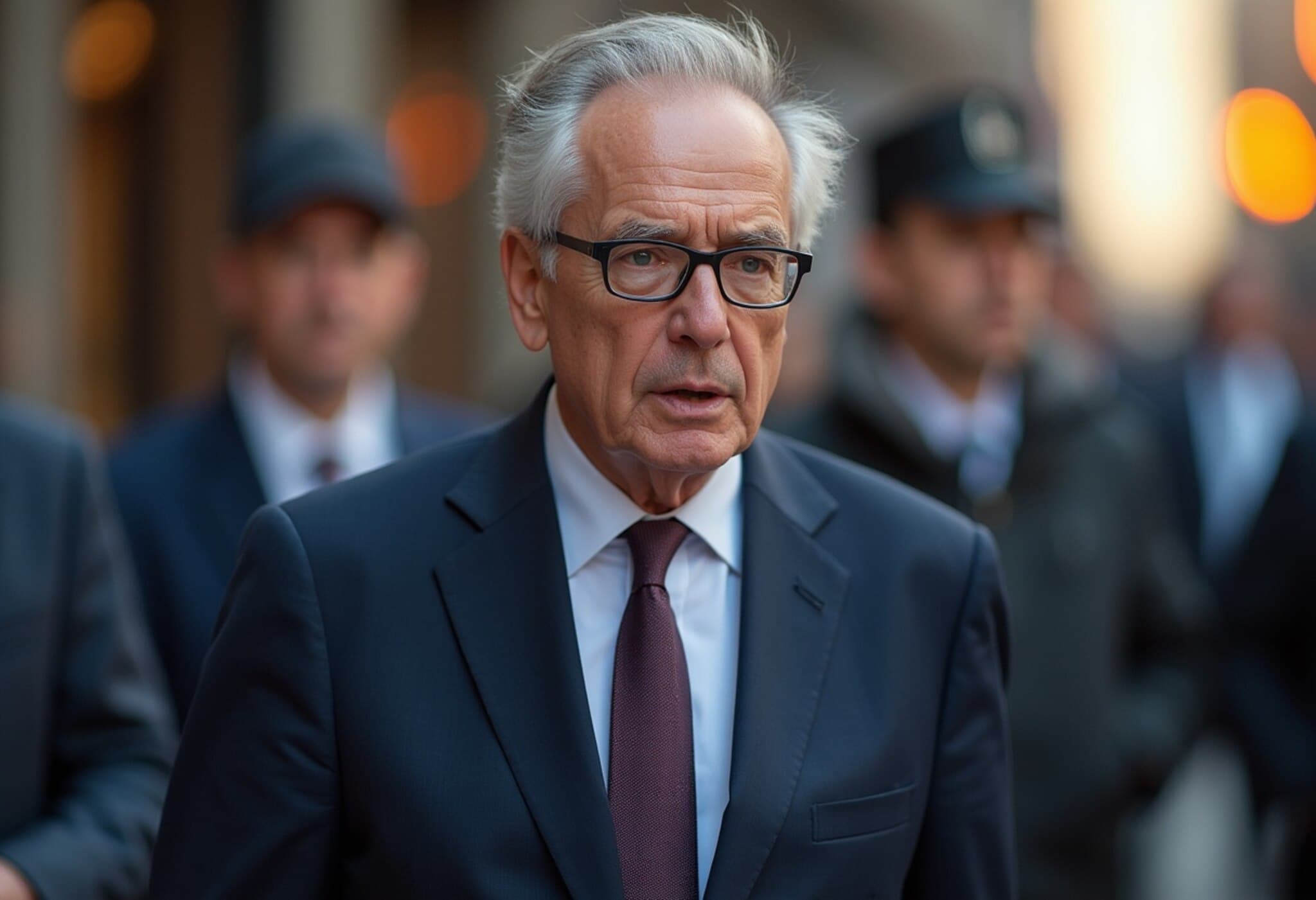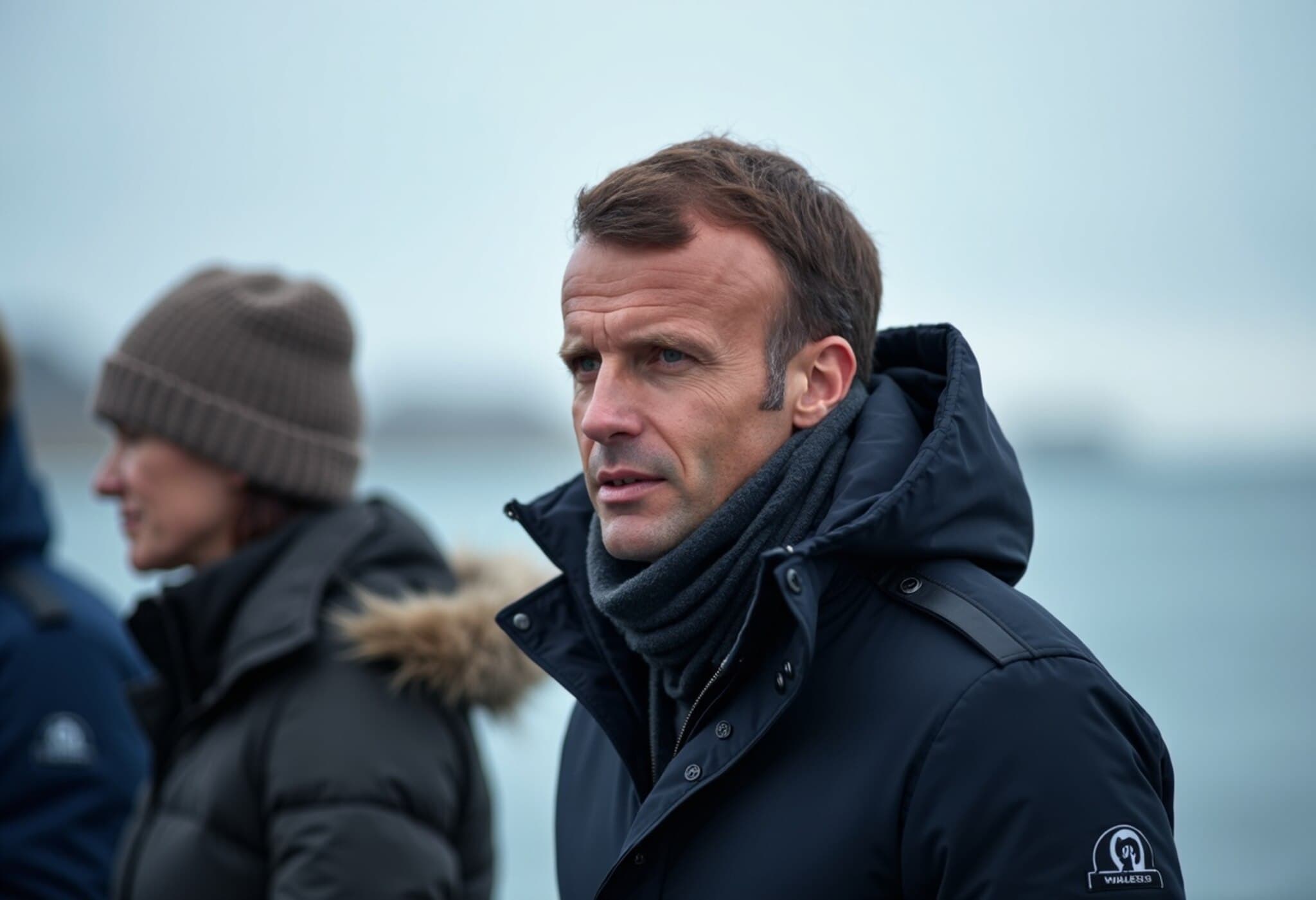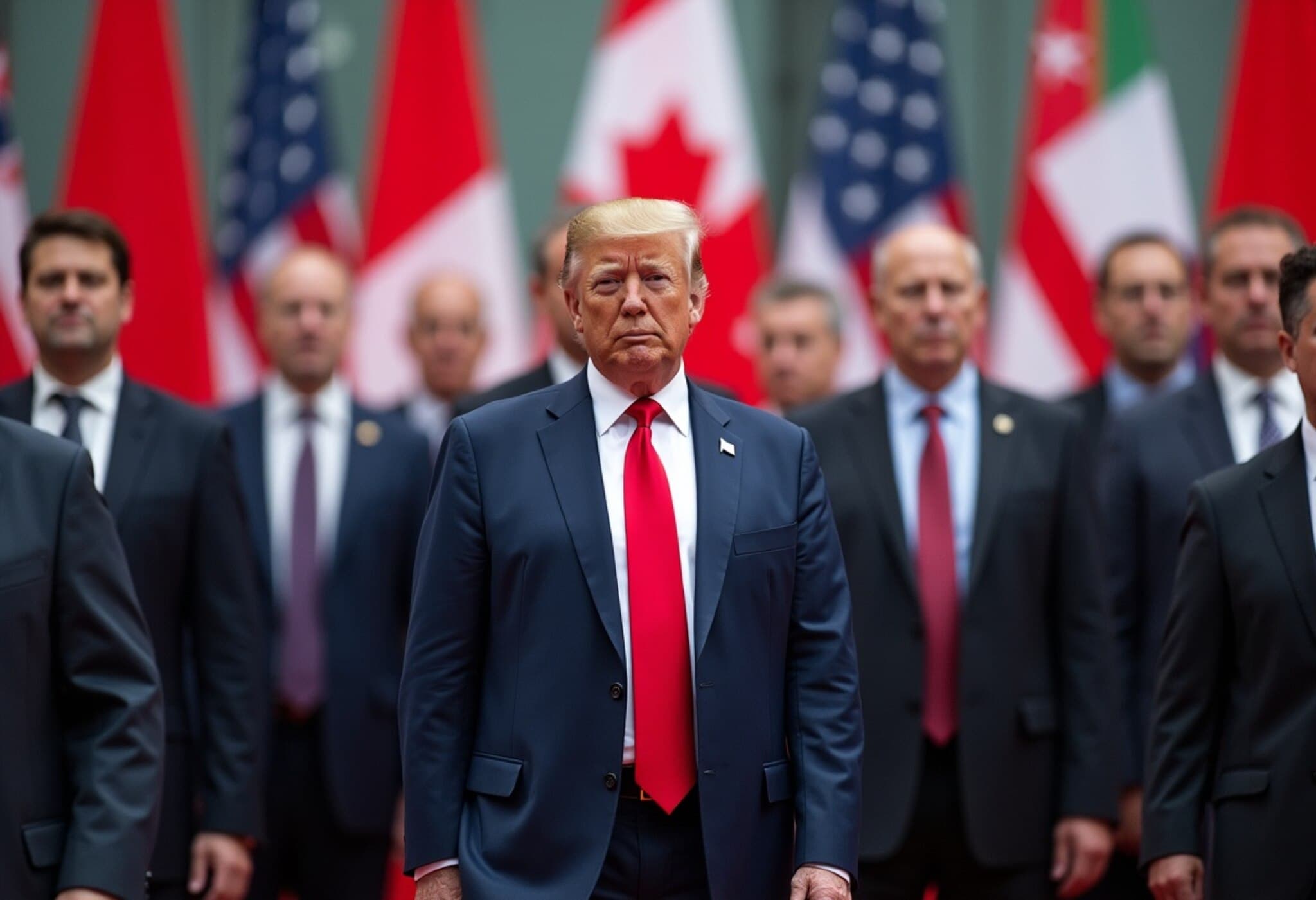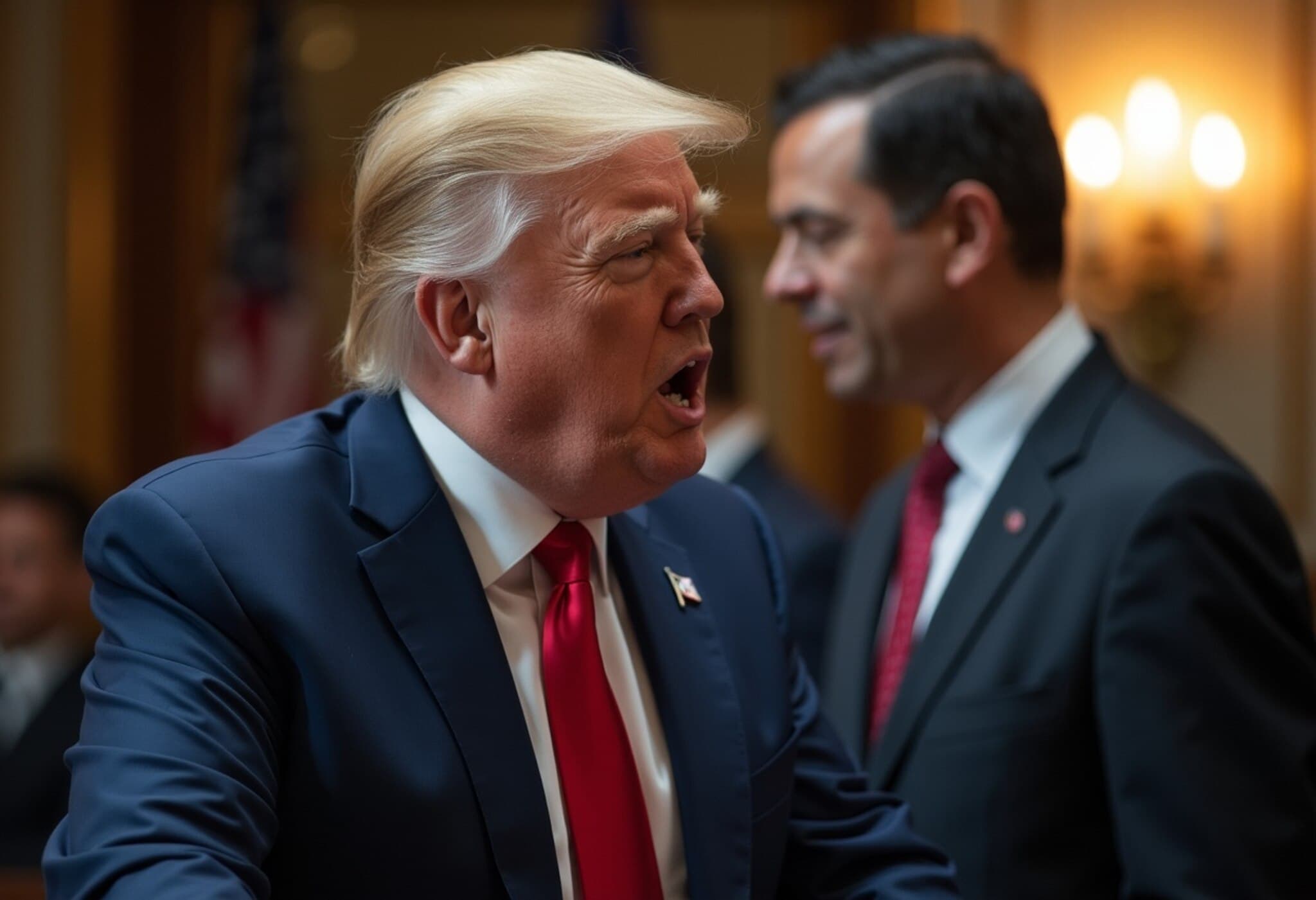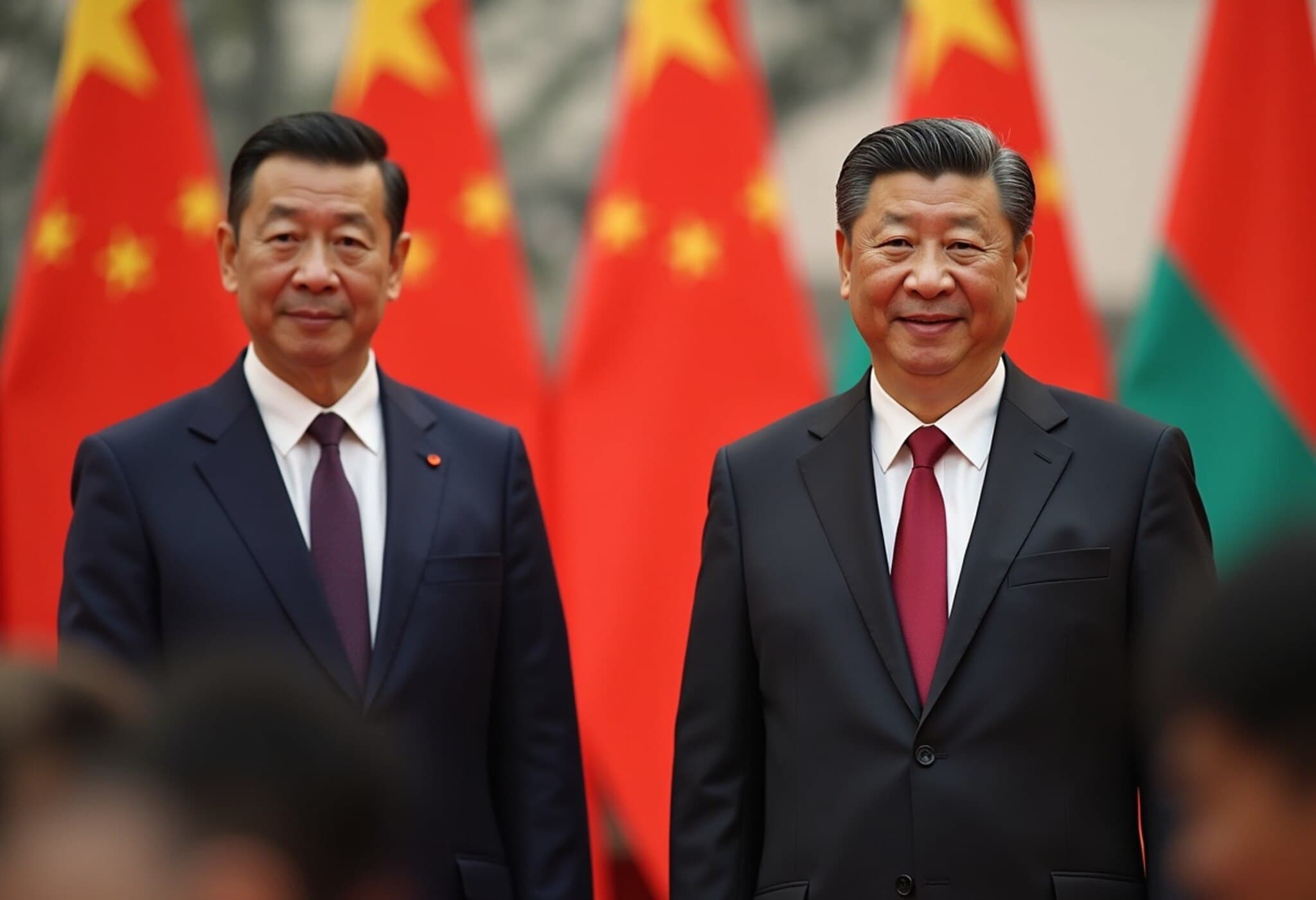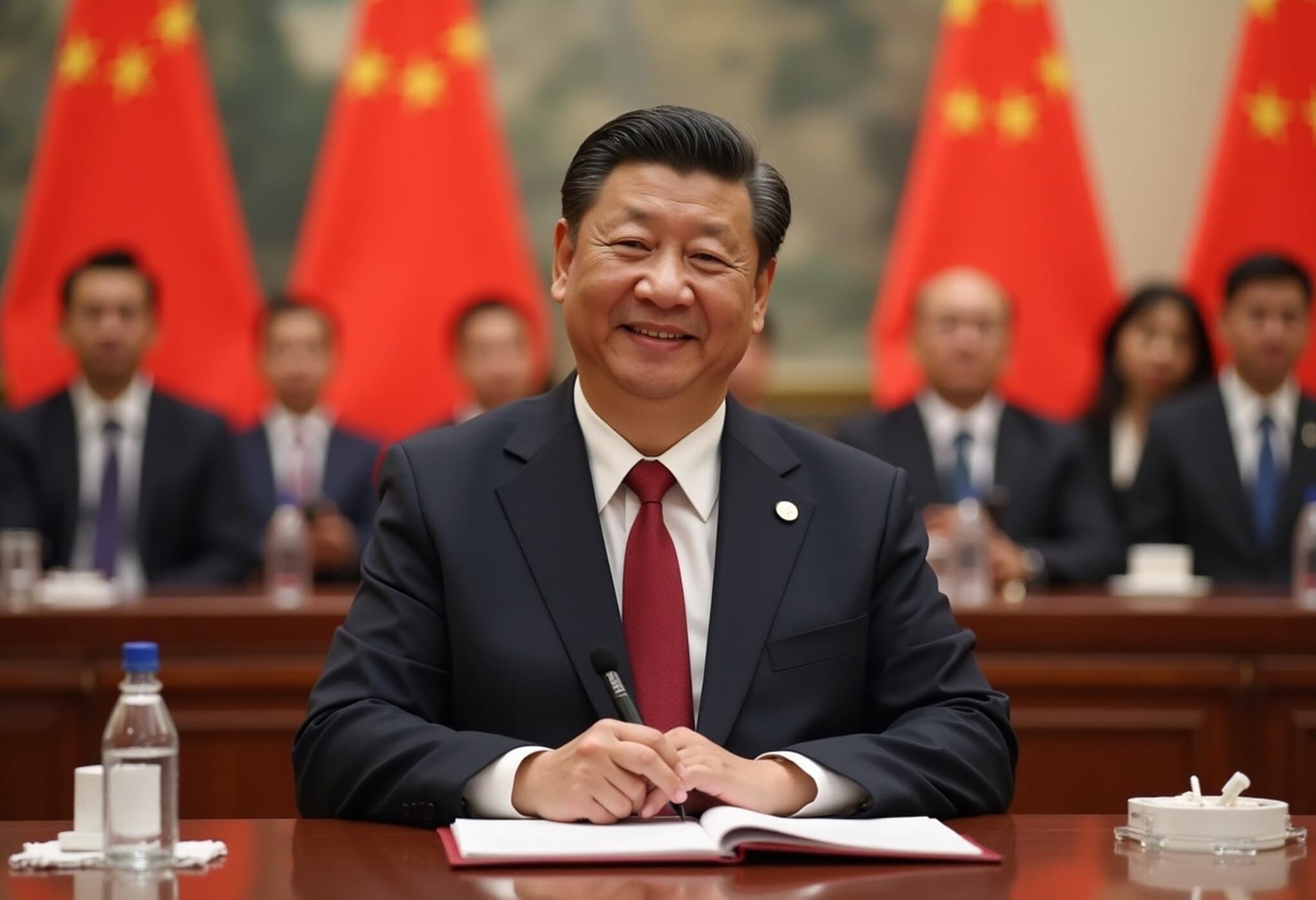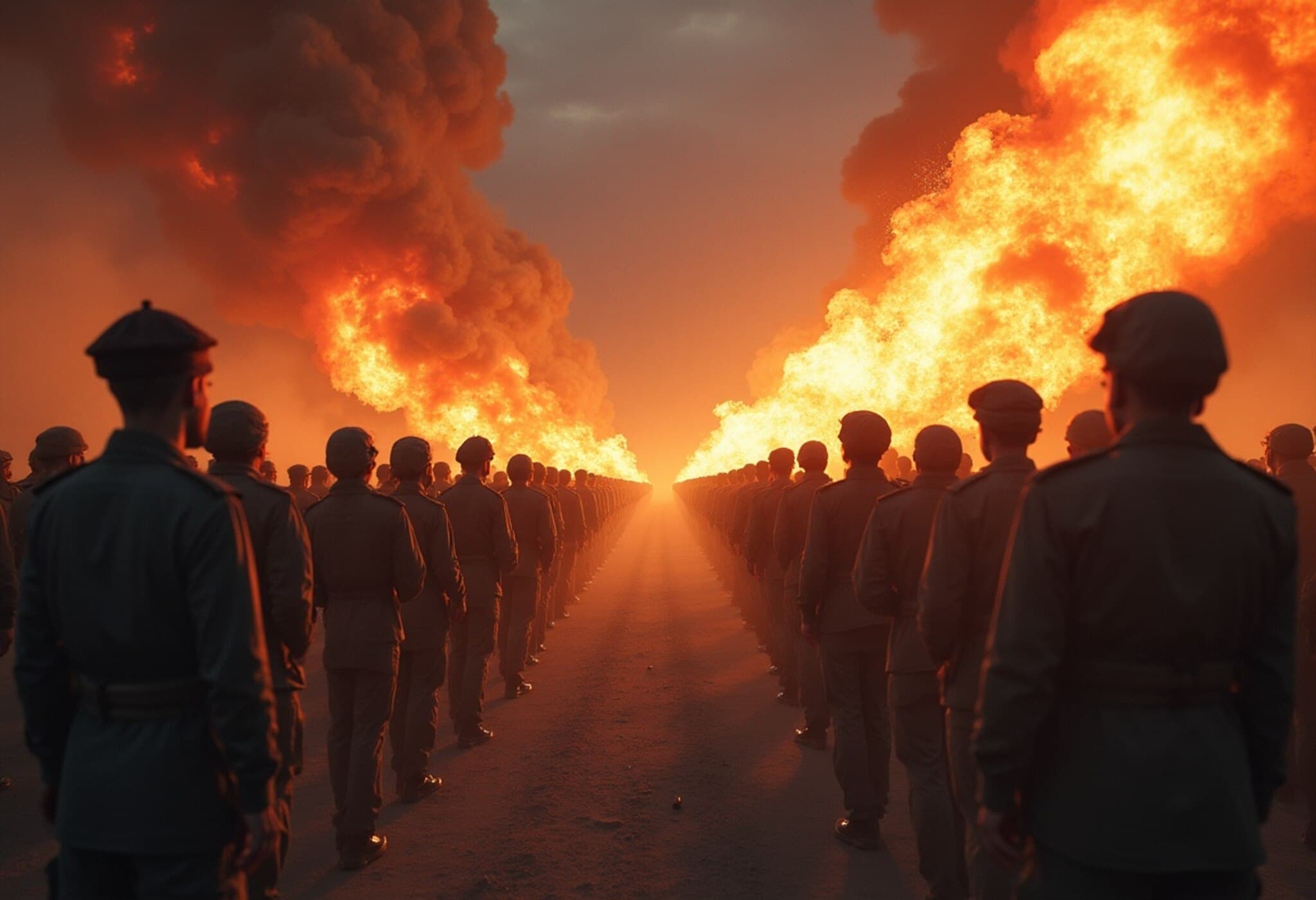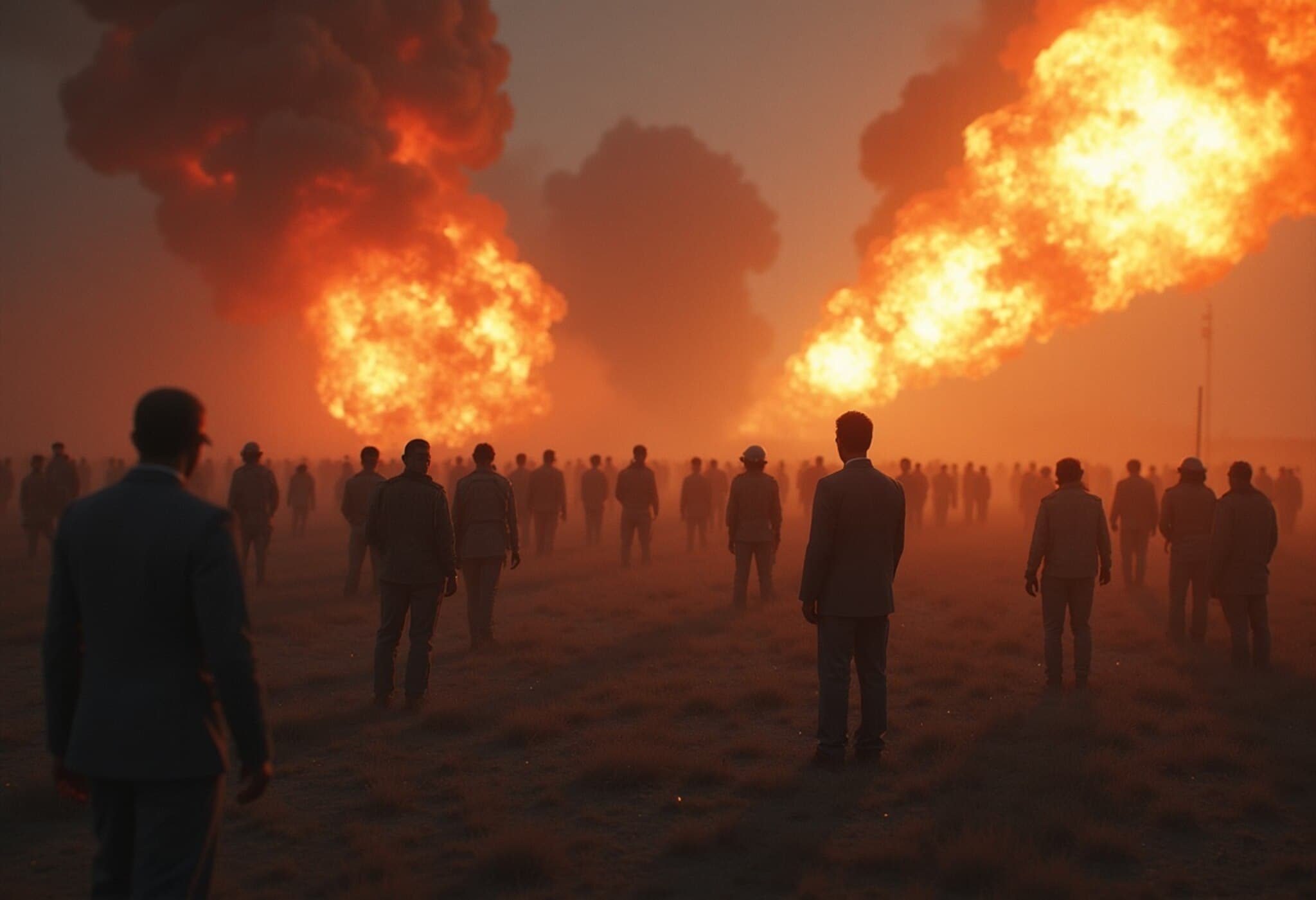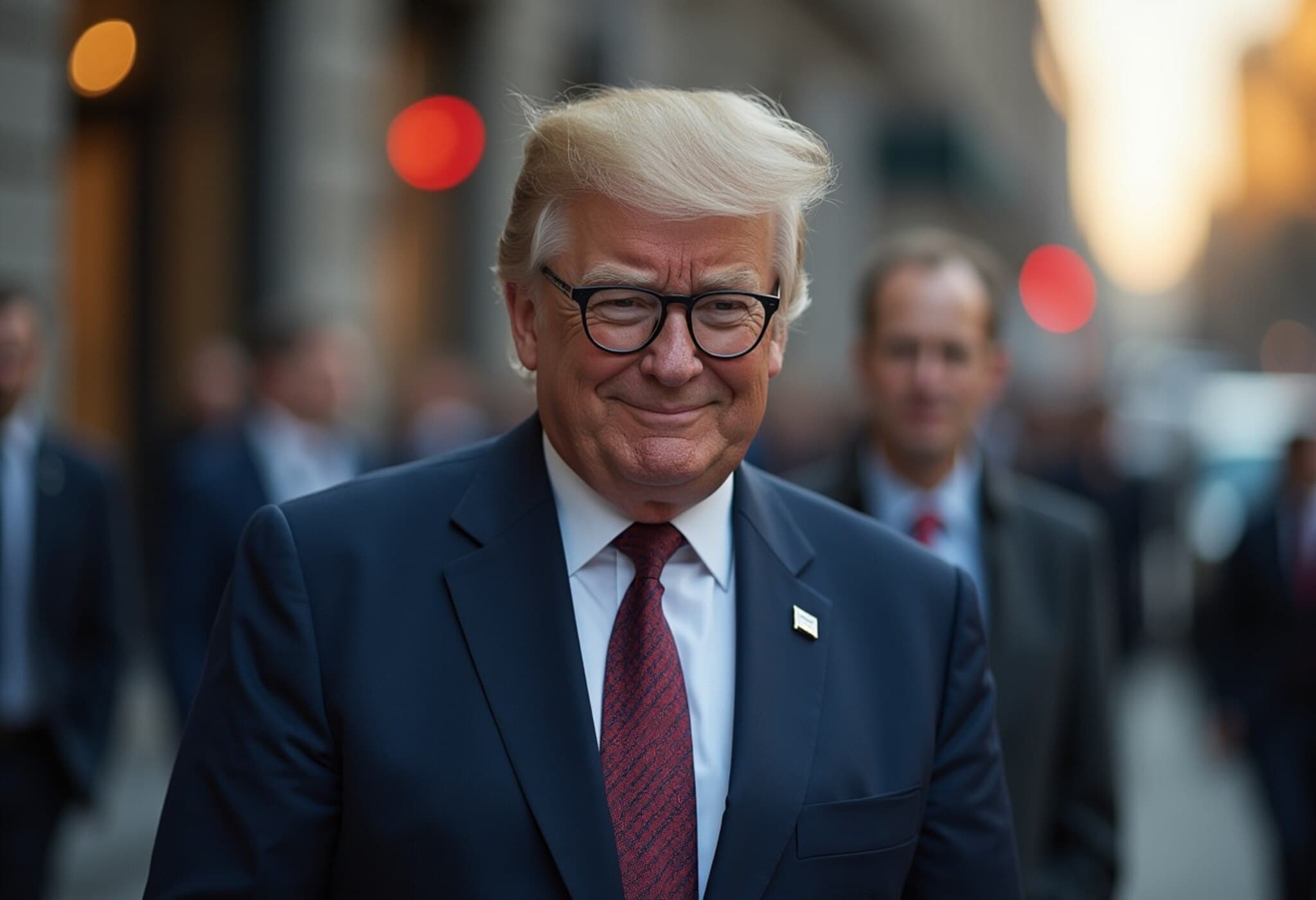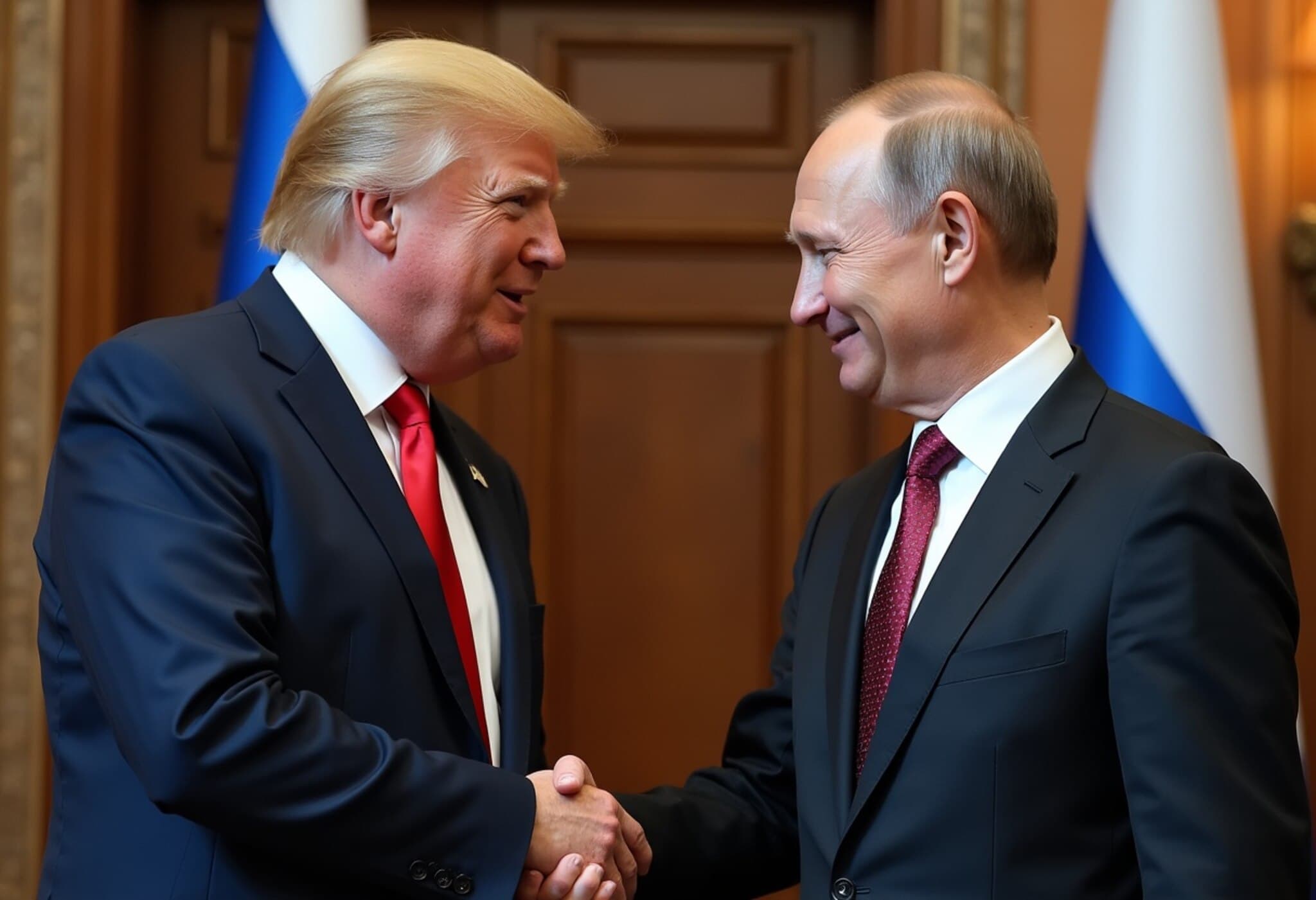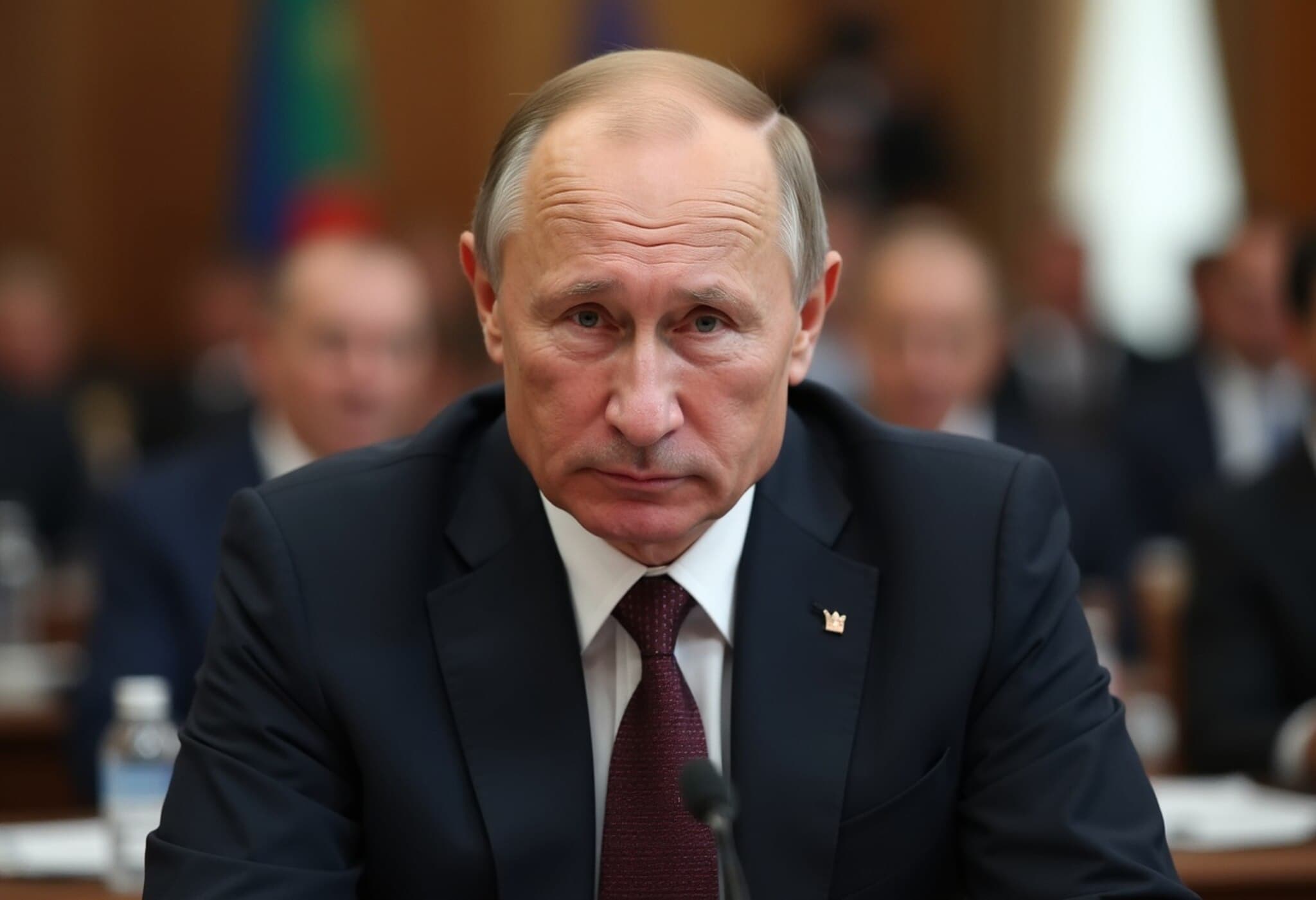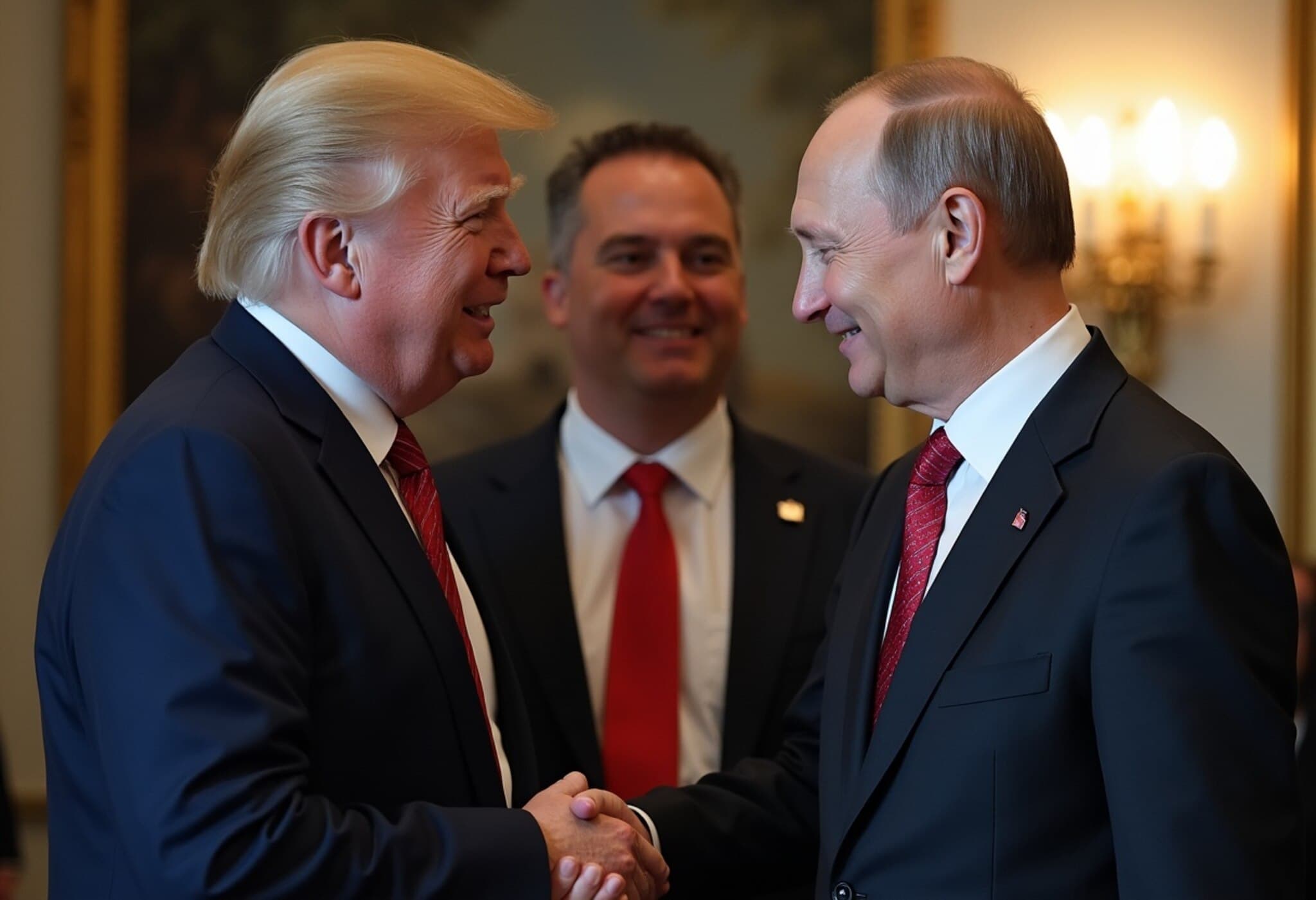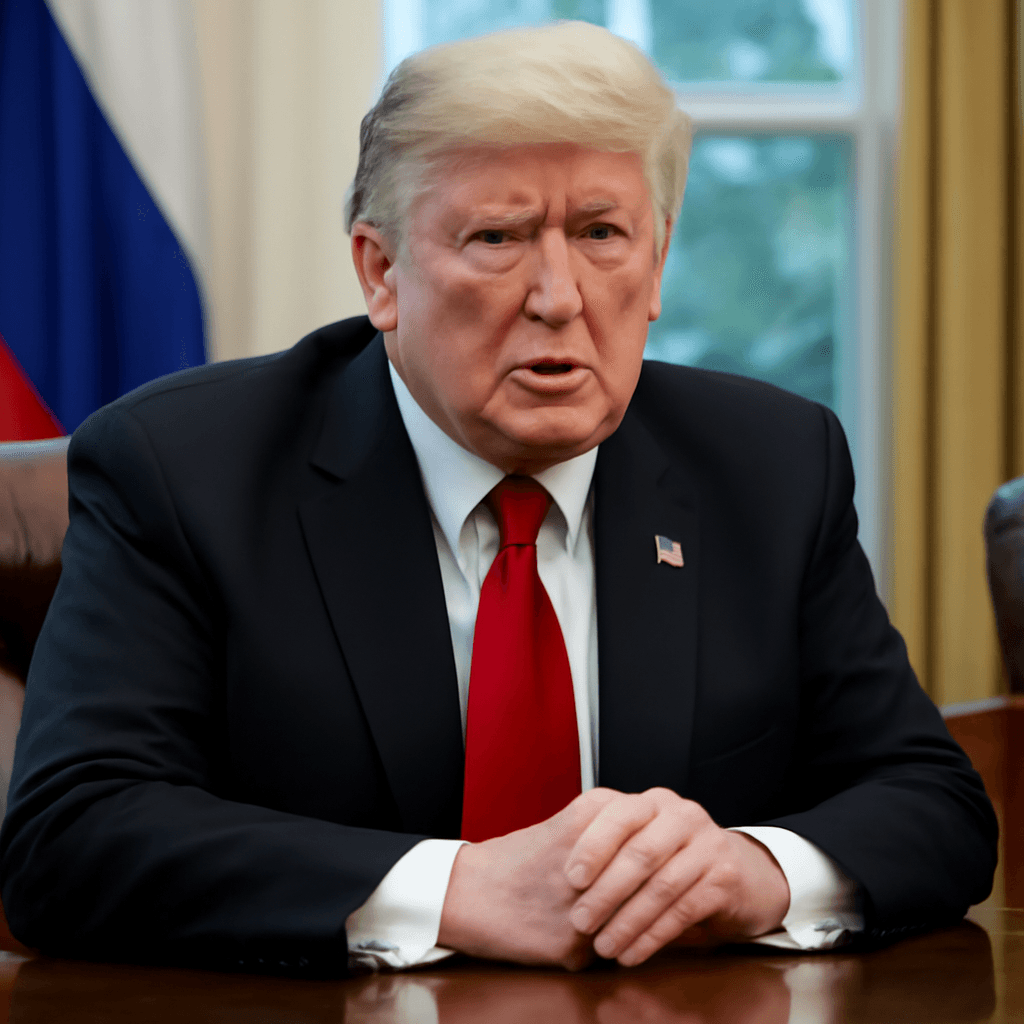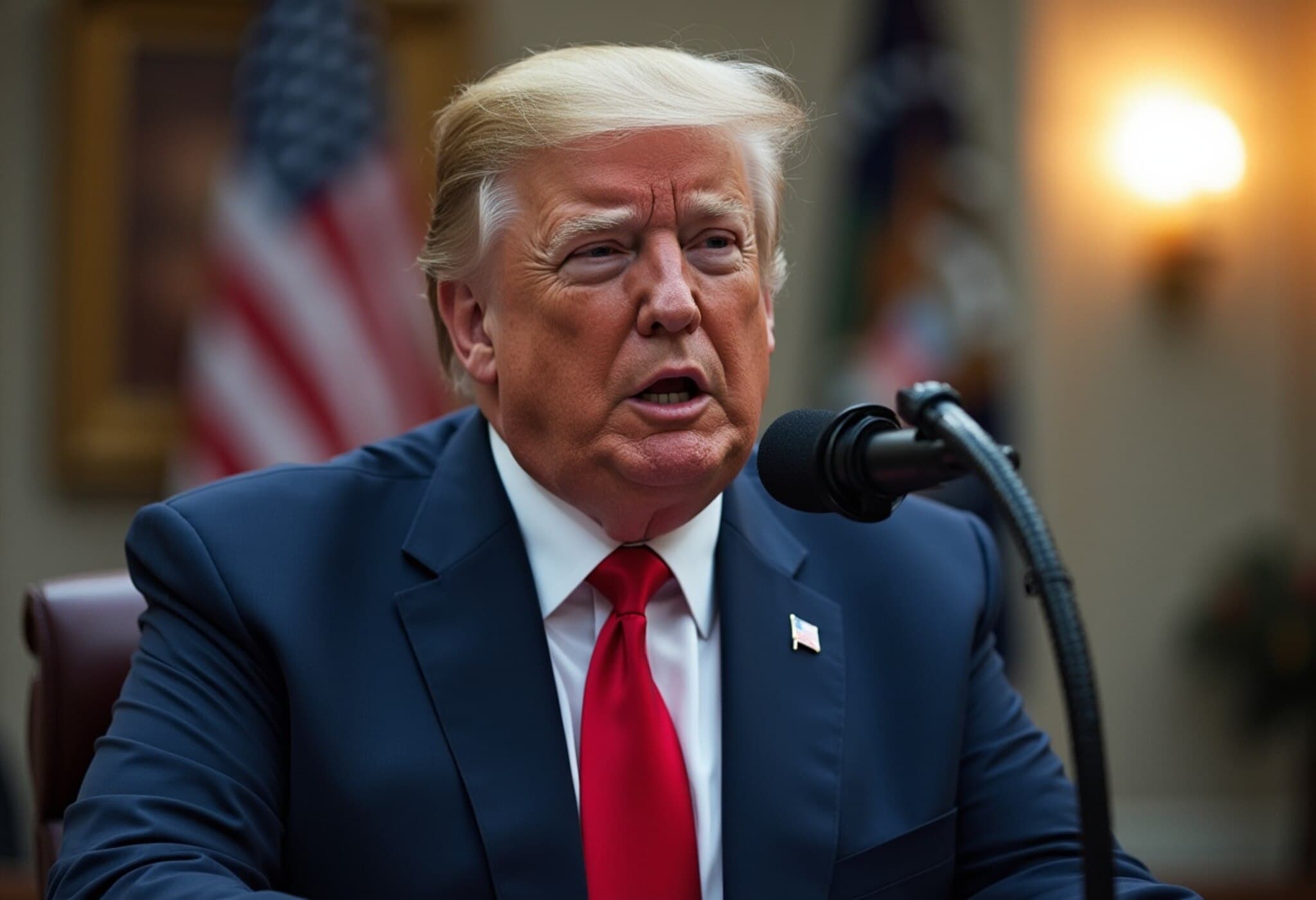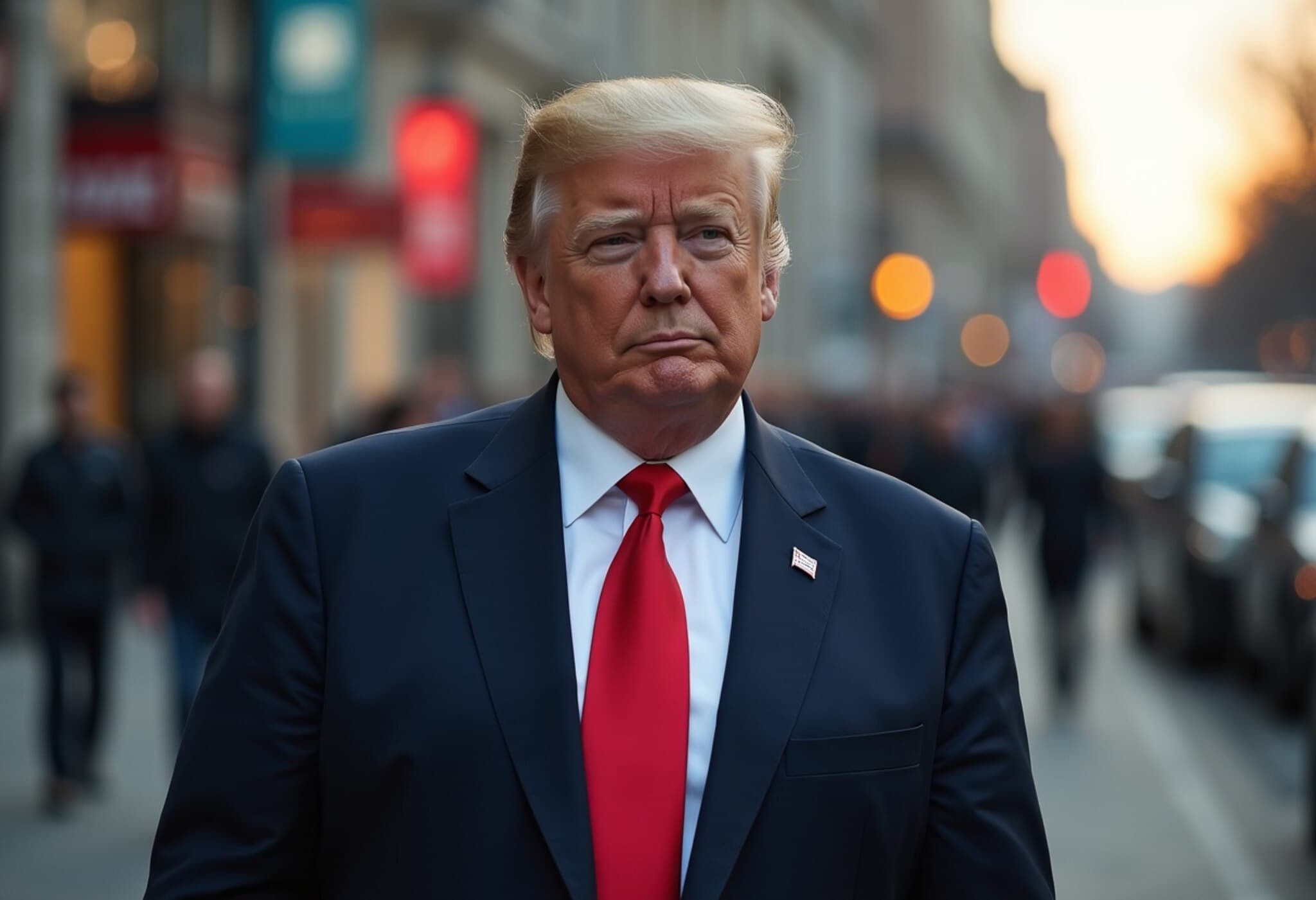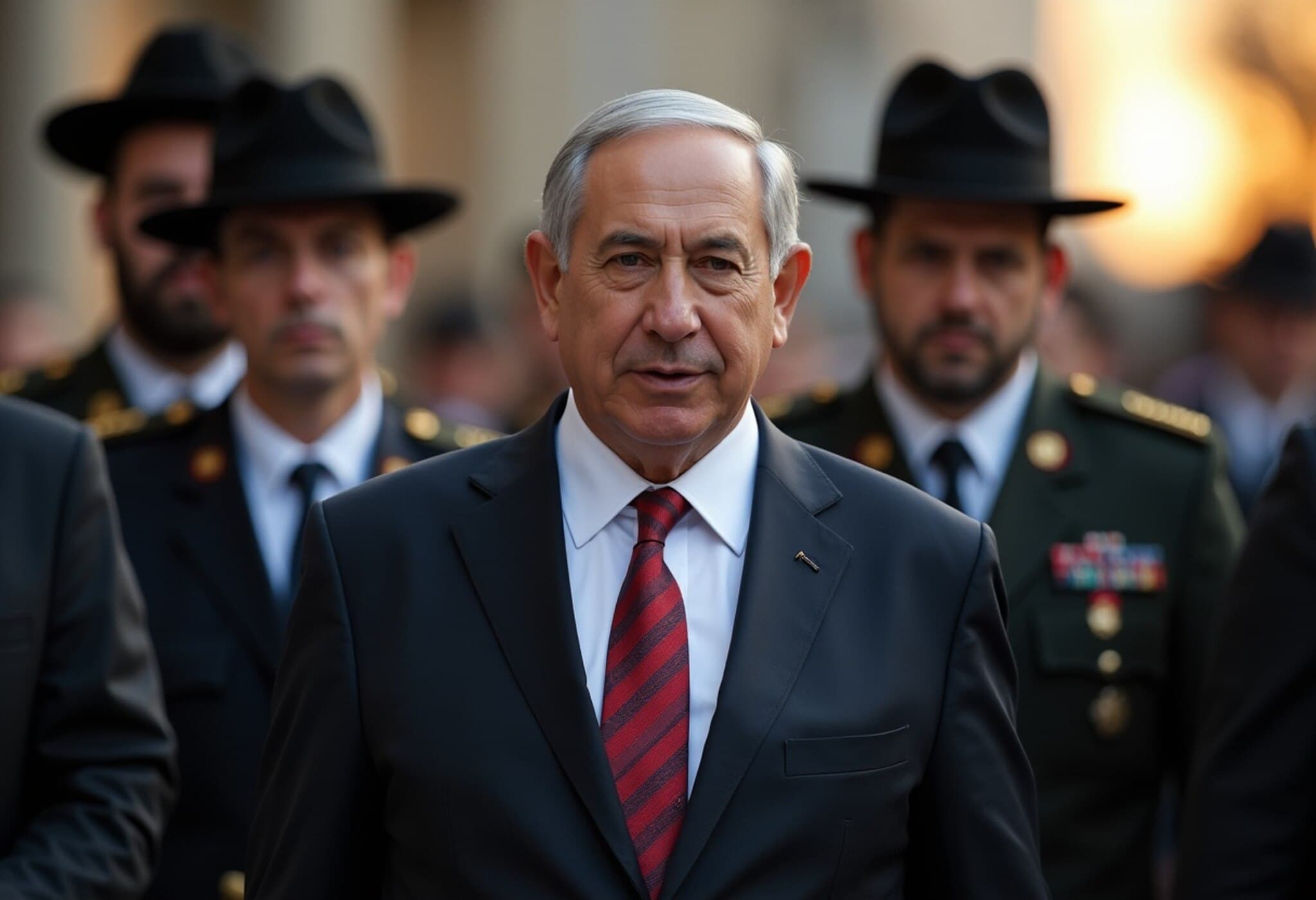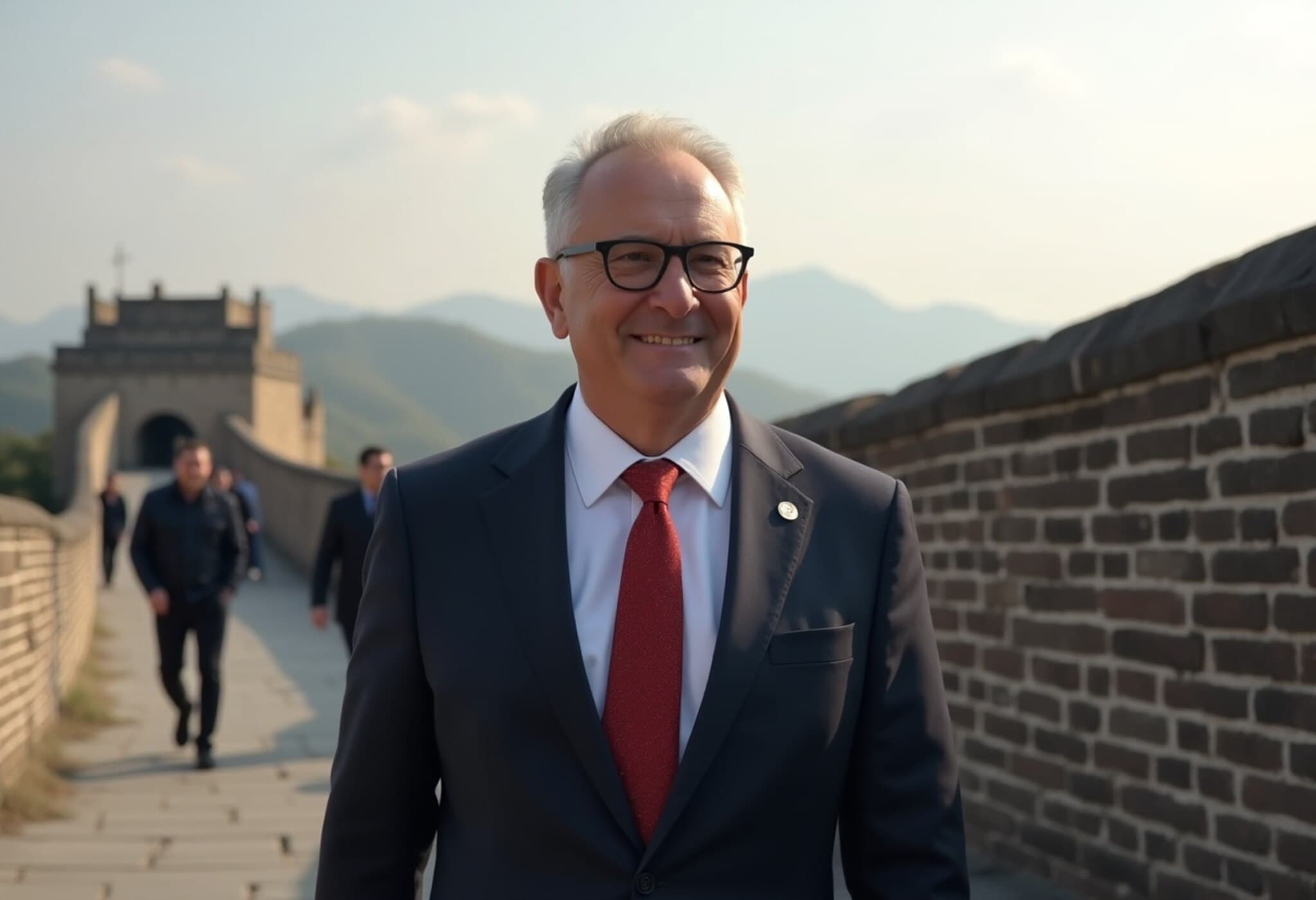Rutte Issues Stern Warning to Brazil, China, and India Over Russia Relations
In a striking development, NATO Secretary General Mark Rutte cautioned Brazil, China, and India on July 16, 2025, about the potential heavy consequences they could face for maintaining economic ties with Russia amidst its ongoing conflict with Ukraine. Speaking to reporters following a high-level meeting with U.S. senators and President Donald Trump, Rutte underscored that secondary sanctions could severely impact these nations if they do not reconsider their support for Russia.
Secondary Sanctions: What Are They and Why Do They Matter?
Secondary sanctions target countries or entities that do business with a sanctioned nation—in this case, Russia—by restricting their own access to international markets and financial systems. This strategy amplifies pressure on Russia by isolating it economically, but it also complicates international relations, especially with major global economies like China, India, and Brazil that have historically maintained a neutral or balanced stance.
Rutte’s Message: A Call for Pragmatism and Peace
"My encouragement to these three countries, particularly, is if you live now in Beijing, or Delhi, or you are the president of Brazil, you might want to take a look into this, because this might hit you very hard," Rutte declared. He urged these countries to directly engage with Russian President Vladimir Putin to push for serious peace negotiations, warning that failure to do so would result in economic repercussions that could ripple through their own economies.
This warning came just a day after President Trump unveiled new military aid for Ukraine and revealed plans to impose stringent tariff measures on buyers of Russian exports if a peace deal is not reached within 50 days. Trump’s announcement added a sense of urgency, emphasizing the geopolitical stakes involved.
Concerns Over 50-Day Deadline and Conflict Escalation
Republican Senator Thom Tillis applauded the decisive stance but voiced anxiety regarding the short 50-day timeline for a peace agreement. Tillis highlighted the risk that Russia might exploit the window to strengthen its position, either by gaining more territory or escalating conflict atrocities, potentially undermining any future negotiations.
European Support and Military Assistance to Ukraine
Rutte affirmed Europe’s commitment to backing Ukraine robustly in peace talks, ensuring the country enters any negotiation from a position of strength. Under the newly aligned U.S.-Europe agreement, the U.S. will provide substantial arms shipments to Ukraine, including advanced air defense systems, missiles, and significant ammunition supplies—costs which European nations will help fund.
When asked about the prospect of supplying long-range missiles to Ukraine, Rutte responded cautiously, noting that both defensive and offensive weapons are being considered, but detailed discussions are ongoing between the Pentagon, NATO’s Supreme Allied Commander in Europe, and Ukrainian authorities.
Geopolitical Implications and Broader Context
This situation underscores a critical juncture in international diplomacy and economic strategy. The dilemma for countries like China, India, and Brazil—key players in the global economy—is balancing their economic interests in Russia against rising geopolitical risks and the possibility of exclusion from Western financial systems. Their decisions will shape not only their international standing but also the future trajectory of the Ukraine conflict.
Moreover, the use of secondary sanctions reflects the evolving nature of sanctions enforcement as a tool of coercion in global politics, raising questions about sovereignty, economic independence, and the limits of diplomatic pressure.
Editor’s Note
As tensions mount, Rutte’s warning serves as a bellwether for a new phase of economic warfare designed to isolate Russia by constricting its international partnerships. Readers should consider:
- How will Brazil, China, and India navigate these sanctions without jeopardizing their economic growth?
- What role does economic interconnectedness play in global conflict resolution?
- Could this escalation of sanctions pressure eventually push Russia closer to serious peace talks or provoke a hardening stance?

